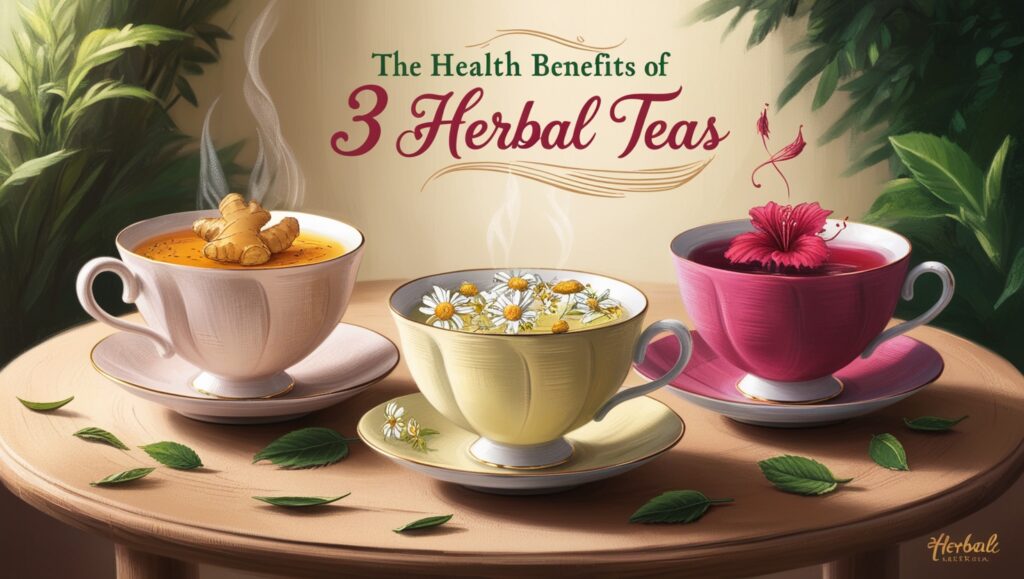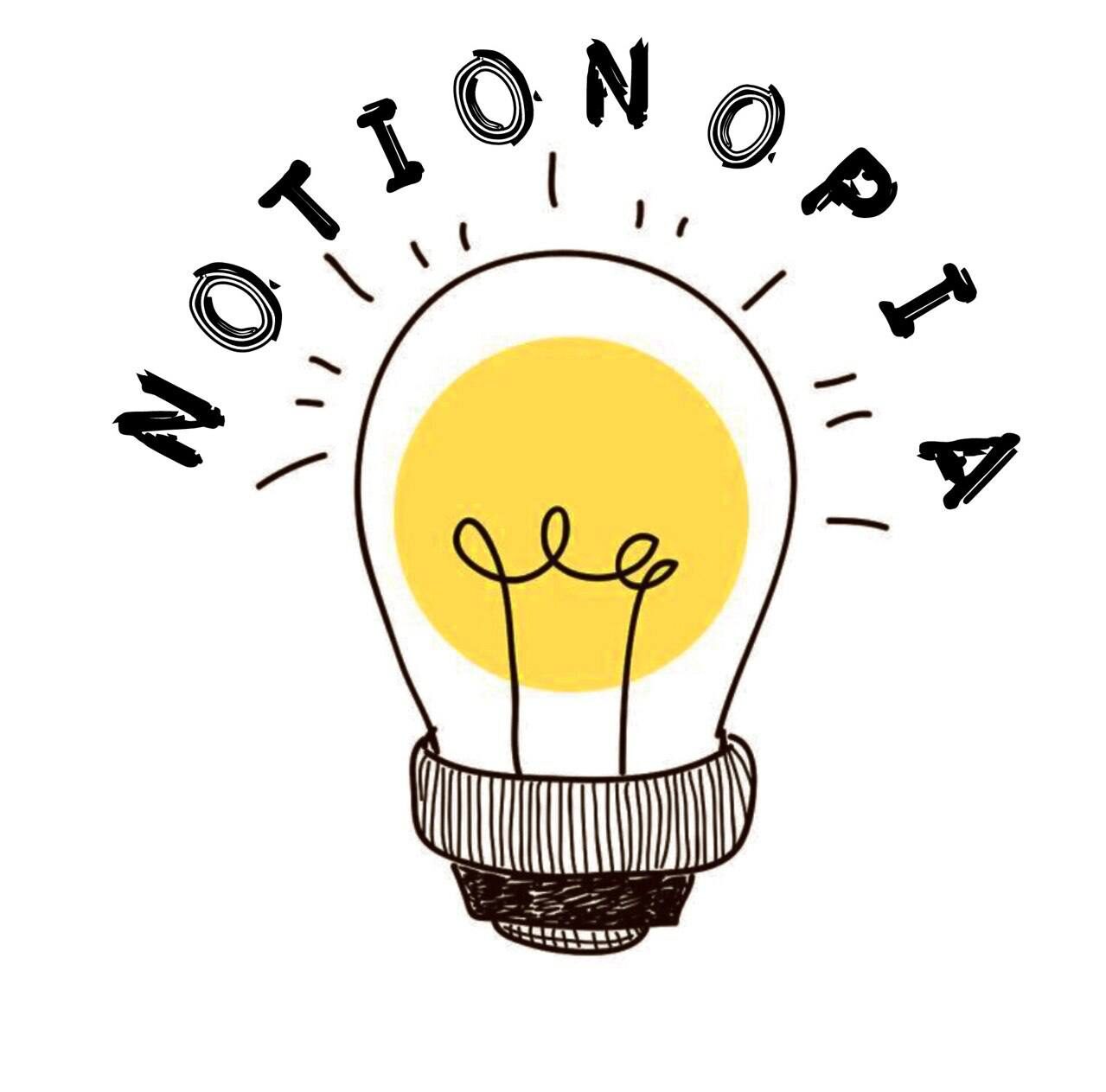They say there’s nothing a cup of tea can’t fix, and there’s some truth to that. With its origins in East Asia, tea has been enjoyed across various cultures for thousands of years. Science supports many of these practices.

Table of Contents
What is Tea?
Tea is the second most popular drink globally, just behind water. It is made by steeping the young leaves and buds of the tea plant, Camellia sinensis, in hot water. The two most common types of tea plants are the small-leaved China plant (C. sinensis variety sinensis) and the large-leaved Assam plant (C. sinensis variety assamica). Numerous studies indicate that certain teas, like green tea, can boost immunity, reduce inflammation, promote heart health, and even help prevent certain cancers. These benefits are linked to specific antioxidants found in tea, called polyphenols.
What is Herbal Tea?
Despite its name, herbal tea is not actually “tea” as it usually doesn’t contain the leaves or buds of tea plants. Herbal teas, or tisanes, are infusions of dried fruits, flowers, spices, or herbs in water. Tisanes have been shown to have medicinal properties. However, be cautious—many beverages marketed as “herbal tea” are just sugary drinks with minimal health benefits.
Is Herbal Tea Good for You?
Some herbal teas offer health-promoting properties and have been used as natural remedies for centuries. Dietitians recommend consuming herbal teas in moderation and with medical advice, as they can pose risks for individuals with certain health conditions. Avoid herbal teas with added sugars and other additives. Remember, herbal tea should not replace medical treatments.
Three Healthy Herbal Teas
1. Ginger Tea
Best known as a reliable remedy for nausea, ginger tea has a spicy and robust flavor. It contains gingerol, the main bioactive compound in ginger root, which has disease-fighting properties. Ginger also contains small amounts of vitamins and minerals like vitamins B3 and B6, iron, potassium, and vitamin C. Although there’s limited research on ginger tea specifically, studies on ginger itself show it can boost the immune system and combat inflammation.
A recent systematic review supports its effectiveness in treating various ailments, including gastrointestinal issues, pain, inflammation, and metabolic syndromes. However, ginger may slow blood clotting, posing a risk for those on blood-thinning medications and potentially causing extra bleeding during and after surgery. If you have a health condition or are pregnant, consult your doctor before drinking ginger tea.
2. Chamomile Tea
Chamomile tea is more than just a soothing bedtime drink. Chamomile, derived from the flowers of the Asteraceae plant family, has been used for centuries as a natural remedy for various health issues. It contains bioactive phytochemicals, particularly flavonoids, which act as antioxidants.
Chamomile also has small amounts of minerals and vitamins, including potassium, calcium, carotene, and folate. Studies suggest chamomile may reduce the risk of heart disease, support the immune system, and possibly protect against certain cancers. It may also help alleviate premenstrual syndrome symptoms and slow age-related bone loss. However, if you have severe allergies, especially to pollens, avoid chamomile as it may be cross-contaminated with pollen from other plants.
3. Hibiscus Tea
Hibiscus tea, made from the vibrant flowers of the hibiscus plant, offers a refreshing yet tart flavor. The dried calyces of the hibiscus plant, which protect the bloom, are used in the tea, providing antioxidant power and trace minerals like potassium, calcium, and magnesium.
Hibiscus tea is known for its antiviral and cardiovascular benefits due to the antioxidant anthocyanins. It is effective against some bird flu strains and may help lower blood pressure. A meta-analysis of studies supports these cardiovascular benefits, including its ability to reduce LDL (bad) cholesterol levels and triglycerides.
FAQ
-
How many times can you drink herbal tea?
It should be consumed in moderation, not exceeding 3-4 cups per day.
-
Is drinking herbal tea every day good for you?
Yes, drinking herbal tea daily is generally safe for most people and can offer various health benefits.
Herbal teas are safe to drink every day if you aren’t sensitive to the plant in question. -
Is herbal tea 100% caffeine-free?
Almost All Herbal Teas are Caffeine-Free. The vast majority of herbal teas are caffeine-free as they are made from infusing plants that don’t have a caffeine content.
➡️Healthy foods to Eat Everyday
